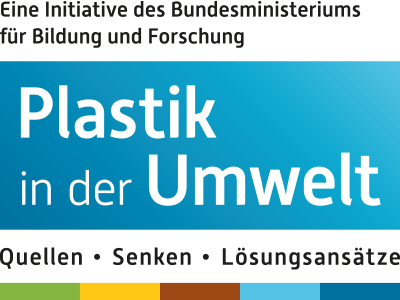When Good Intentions Go Bad
When Good Intentions Go Bad
The paper shows that well meant is not always well done. It deals with the question of blank value entries and how "one" should handle them. It shows that disposable gloves can be a source of false positive PE findings, as they can be coated with sterates, for example, which can be confused with PE by all analytical methods (pyr-GC/MS and spectroscopy). In addition, this study shows that it is important to examine blank values and that a process blank value carried along with all steps is useful to avoid false positive results.
Cordula S. Witzig, Corinna Földi, Katharina Wörle, Peter Habermehl, Marco Pittroff, Yanina K. Müller, Tim Lauschke, Peter Fiener, Georg Dierkes, Korbinian P. Freier, and Nicole Zumbülte (2020): When Good Intentions Go Bad—False Positive Microplastic Detection Caused by Disposable Gloves. Environmental Science & Technology, 3 September.
